
KEN RUSSELL’S VIEW OF THE PLANETS
Gustav Holst
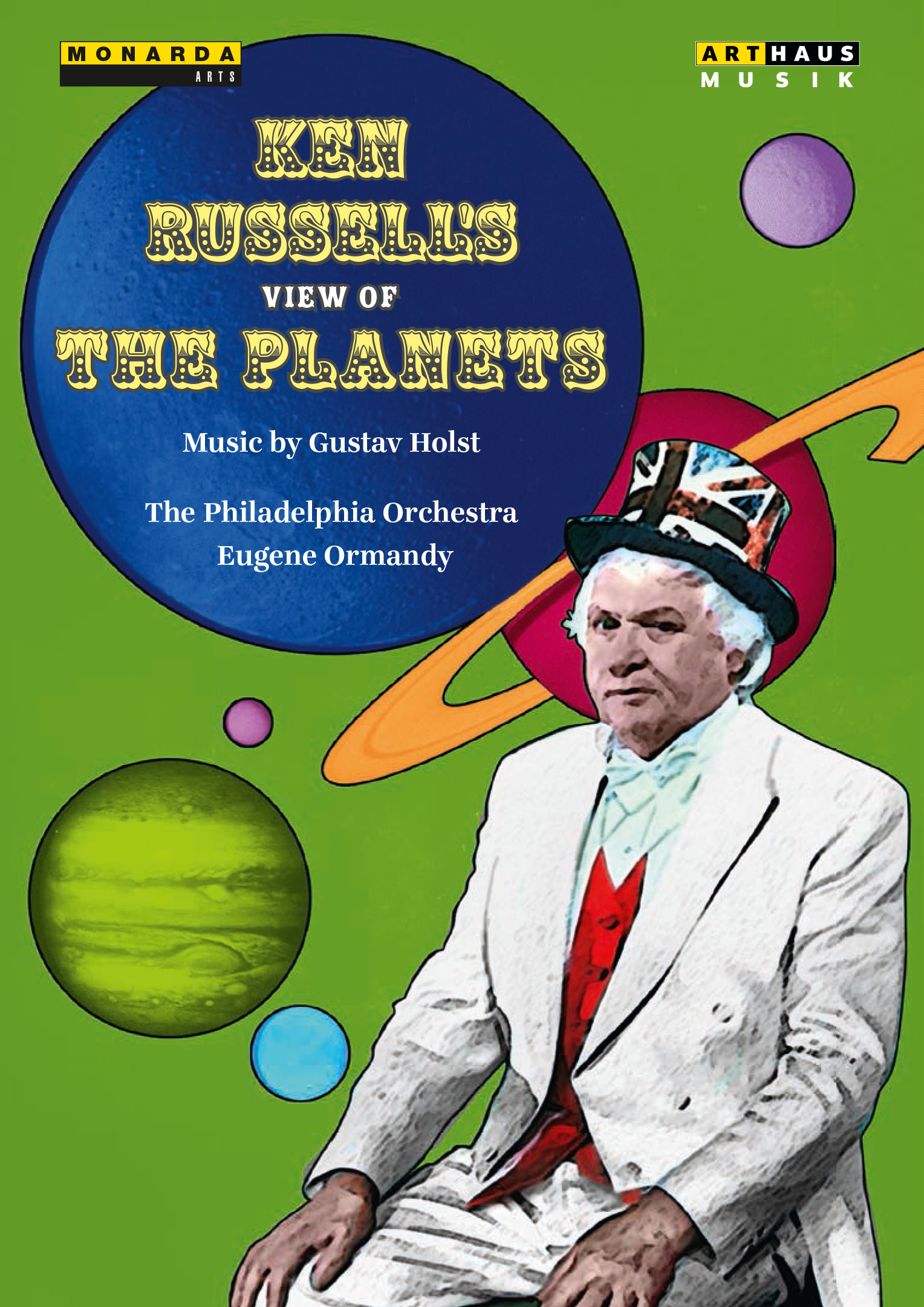


Gustav Holst
KEN RUSSELL’S VIEW OF THE PLANETS
1983
Conductor:
Eugene Ormandy
Director:
Ken Russell
The Planets by Gustav Holst is one of the best-loved twentieth century pieces by a British composer. Ken Russell has taken a brilliant performance of this work, with Eugene Ormandy conducting The Philadelphia Orchestra, and illustrated The Planets with passages from a mass of documentary material. Russell’s work in fi lm and television has been dazzling and controversial, though often full of charm and insights. His feature fi lm credits include The Music Lovers, Women in Love, Mahler, The Devils, Savage Messiah, Liztomania, Valentino and Tommy. In this fi lm from 1983 he presents his visual interpretation of Holst’s music. Written in seven movements, each describes the character of a planet: Mars – forceful and assertive; Venus – love of all things beautiful; Mercury – eloquent; Jupiter – buoyant and hopeful; Saturn – enduring; Uranus – eccentric and unexpected; and Neptune – subtle and mysterious. Russell’s view of The Planets is provocative, stimulating, inventive, entertaining and wonderfully watch-able, with “images that are beautiful, frightful and imaginative”. (Daily Mail)
Label:
Arthaus Musik
Genre:
Feature Film
Running Time:
53
Picture Format:
4:3
Sound Format:
PCM Stereo
Number of Discs:
1
Region:
0
EAN:
4058407091684
Blu-ray:
109169
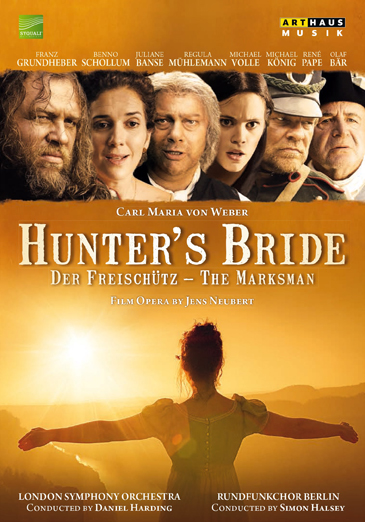
Carl Maria von Weber
“Hunter’s Bride” is a film opera based on the romantic opera “Der Freischütz” by Carl Maria von Weber. Dreams and hopes of young people are told in this exquisite fairy tale. Max and Kaspar, both hunters, fight side by side in the Napoleonic Wars, as well as each other to conquer Agathe’s love. European cultural history becomes(...)
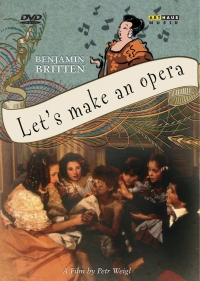
Benjamin Britten
Throughout his compositional work, Benjamin Britten did his bit to support young people with their musical education – one has only to think, for example, of works such as The Young Person’s Guide to the Orchestra: Variations and Fugue on a Theme of Henry Purcell op. 34, written in 1945. His Entertainment for Young People written in 1949(...)









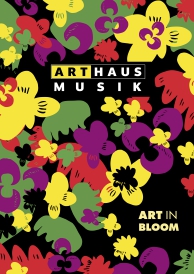 PDF Download (5,5 MB)
PDF Download (5,5 MB)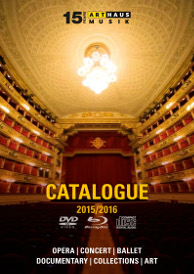 PDF Download (6,7 MB)
PDF Download (6,7 MB)